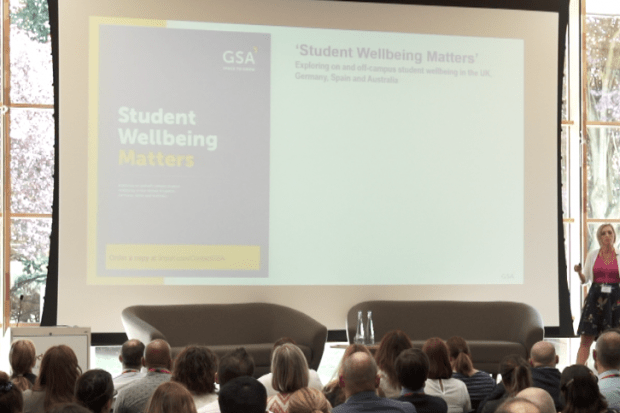
The rising rate of student mental health problems is a global issue and needs to be tackled with a "whole university approach", according to a new study.
The Global Student Accommodation Group (GSA), analysed more than 10,000 pages of evidence from more than 280 studies from the UK, Germany, Spain and Australia to understand how student well-being has evolved over the last decade.
The research conducted by Red Brick Research revealed that several clear patterns were emerging among the student populations in these four territories.
The Student Wellbeing Matters study found that key "stressors" included financial pressures, academic stress, long commute times, social pressures, concerns about employability, balancing work and study and housing problems.
Professor Lindsay G Oades, director of the Centre for Positive Psychology at the University of Melbourne, said that this report was “cutting edge” because it “explicitly addresses contemporary issues in well-being”.
An open letter to Chinese students in the US: dealing with stress
University mental health: taking student well-being seriously
Oxford university, postnatal depression and me
Universities must adopt a proactive approach to mental health
The report puts forward a number of key recommendations to help tackle the issue across the world, including: creating networks linking partners that influence the entire student experience, in-residence community environments with on- and off-campus student accommodation providers and effective signposting to student services.
Bobbi Hartshorne, global head of student wellbeing at GSA, said that a “whole university approach” is needed to tackle the issue, but also not “pretending that there is a silver bullet solution, but acknowledging that this will be journey of collaboration” will be important in dealing with student mental health.
She also stated that learning from student groups in other countries would inform cultural differences and help when students go abroad to study. "That sharing of information is key, and facilitating that global conversation and finding universities around the world and encouraging the sharing of best practice is so important," she added.
Michael MacBean, the head of counselling and student well-being at the University of Leicester said that “collaboration takes time and resources and therefore is best done as a sector-wide initiative. Alternatively, we could set up a system whereby universities from different continents connect, similar to town twinning. This would provide a solid network to share learning and experience”.
The report was launched at the Global Student Living Conference at the University of Leicester in June 2018.
Read more: What do student mental health services look like around the world?























Have your say